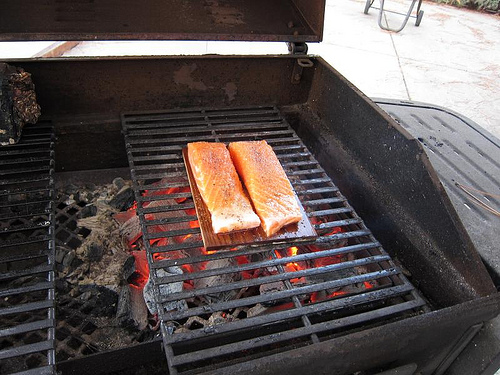
In the early 1770s, a physician from London named Percival Pott made a significant discovery regarding the city’s young chimneysweeps: they were disproportionately impacted by a rare type of cancer, specifically scrotal cancer. Most of these young laborers were boys under the age of fifteen, mainly orphans and street children who had little to no family protection. Pott’s research uncovered a connection between their working conditions and the illness; these boys, often unclean after work, would remain coated in carcinogenic soot. The doctor accurately concluded that something within the soot was responsible for the cancer, although the specific chemical agent was elusive to him and remained unidentified until the 20th century when benzo[a]pyrene, present in both cigarette smoke and chimney soot, was recognized as the harmful substance.
This historical link to contemporary issues highlights the presence of benzo[a]pyrene not only in smoke but also in commonly smoked and grilled foods like meats, igniting ongoing discussions regarding dietary cancer risks. The impact of this substance depends on cooking techniques, levels of exposure, and the body’s intricate defenses, especially the liver’s function in transforming harmless substances into carcinogens. Although some advocate against unnecessary exposure, cultural practices surrounding grilling endure, reflecting society’s diverse reactions to naturally occurring versus synthetic food additives. Grasping the equilibrium between natural hazards and synthetic safety continues to pose challenges for health perspectives today.